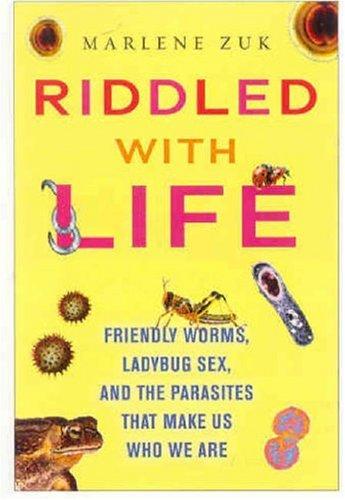[The first part is
here. The second part is
here. This third installment pretty much completes the draft of the paper I wrote. The full title of this draft was "
The very idea of Filipino philosophy in
Mercado: Philosophy or having deep thoughts about the world?". ]
I have one further
problem with method. Mercado’s (1985: 66-7) “comparative
oriental philosophy” seemingly depends on a seemingly unacknowledged debt to the
later Wittgenstein by talking of “family resemblance” and that “… the meaning
of a word depends upon its usage.” Putting it charitably, Mercado’s “comparative
oriental philosophy” is just about the comparison of ideas. Also “comparative
oriental philosophy” depends very little on the later Wittgenstein. “Family resemblance” and “..the meaning of a
word depends on its usage” appear to be notions just mentioned and with no
apparent significance. Mercado (1985: 71-2) claims that Filipino
philosophy is non-dualistic by only
comparing and contrasting it to Chinese philosophy. I map out his comparison
as:
Similarities
of Filipino and Chinese
1.
Harmony with oneself, others, with nature and with the Other world.
Differences
of Filipino and Chinese
1.
Yin and Yang are only in the Chinese.
2.
In Confucian thought, males are prioritized.
3.
In Filipino thought, there is more gender equality.
4.
The Chinese have the Five Agents or Elements (metal, wood, water, fire and
earth).
5.
Item number 4 is absent in Filipino.
From
this comparison, Mercado (1985: 72) imputes philosophical importance by writing
that doing comparative oriental philosophy is already fruitful. That is, by comparing
one might see what is unique in Filipino philosophy. However, I do not see a
need to even call or consider such product as “comparative oriental
philosophy.” Instead, one may speak here of a comparing and contrasting ideas,
but its uniqueness and importance is lacking. One may compare and contrast an
apple and an orange, and myself liking oranges more, would impute importance to
what makes oranges more unique than apples.
Perhaps more significantly since
Mercado’s method are Western, if one follows his claim that the adoption of
Western models of understanding is disastrous9 then how can his own
approach to his conception of Filipino philosophy not be disastrous? Unless
Mercado redefines his conception of Filipino philosophy, then it follows that
this also leads to disaster. Of course, what Mercado means by “disaster” is
still unclear.
CONCLUSION
I believe that Leonardo Mercado, in
one way or the other, has contributed to the discussions in philosophy,
especially discussions on Filipino philosophy. I can also say that Mercado is a
philosopher whatever problems in method he may have had that I tried to show in
the previous section. However, following his conception of Filipino philosophy
as diwa, Mercado cannot be a Filipino
philosopher. Mercado would be at most a personality in philosophy and this is
something that is counterintuitive to me.
The methods Mercado uses and his
justification for such methods only buttress the idea that such belong in the
social sciences. It is in the social sciences like anthropology and sociology
that one may be said to interpret and
validate anthropological and sociological data. While philosophers may give
insights to such data, it is not the job of the philosopher to validate
sociological data so as to aid in prediction and control.
One of Mercado’s (1985: 61)
mysterious claims that “various development attempts [using Western methods10]--has
mostly been disastrous”, if correct would also apply to him. Mercado’s methods
are Western, especially phenomenology (phenomenology of behavior), pointless
comparison with trite assertions seemingly culled out of context from the later
Wittgenstein (comparative oriental philosophy), and “metalinguistic analysis”.
Maybe
it is true that many different kinds of individuals have “deep thoughts about
the world.” But they are not all thought up of by philosophers. One finds
novelists and poets in literature with deep thoughts. One finds scientists in
the social and natural sciences with deep thoughts. What “deep thoughts” mean I
have left unanswered. Different disciplines have ways of determining whether
that “depth of thought” has any application or whether it is applicable to such
a discipline. Mercado may leave us with the idea that Filipinos have “deep
thoughts” about the world but not Filipino philosophy as he conceives of it.
[Here's a partial reference list on Mercado:
Mercado, Leonardo.1974. Elements of Filipino philosophy.
Tacloban City: Divine Word Publications.
________. 1977. Applied Filipino philosophy. Tacloban City: Divine Word Publications.
________. 1985. A synthesis of Filipino thought. Karunungan 2
________. 1992. Kagandahan: Filipino thought on beauty, truth
and good. Karunungan 9
________.
N.d. Synthesis. http://www.crvp.org/book/Series03/III-8/chapter_xi.htm]]







